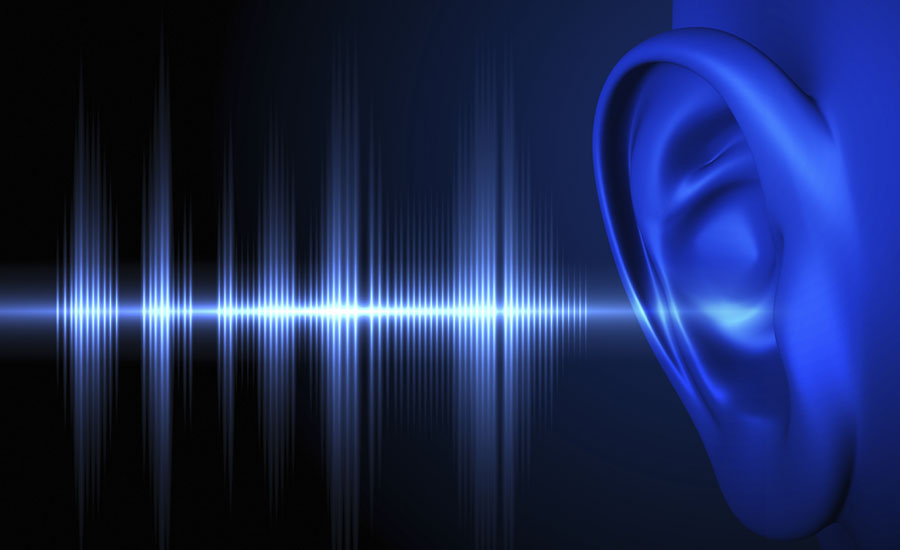Why is there resistance to using hearing aids?

Most people with hearing loss get it with aging. Two out of three people over 70 have trouble hearing. But on average only about 20 percent of adults who have a hearing loss actually use a hearing aid. Research shows that hearing loss is associated with higher risks of hospitalization, depression, and especially dementia.
Why don't more people seek treatment?
Price: The average cost to get a pair of hearing aids in the United States is about $4,700. For an average American, this could be their third largest material purchase in life after a house and a car. It's expensive."
And most insurance companies don't cover hearing aids.
Vanity: Some people are embarrassed to wear hearing aids. Many don't realize how much smaller hearing aids have become over the decades.
Accessibility: Some people are put off by the hassle of getting hearing aids. In the U.S., you can't get hearing aids without testing and consultation with a doctor or audiologist.
Two-thirds of the price relates to doctor services – testing, customization, and follow-up, all bundled in one price. Experts contend access to hearing aids will be improved, and costs will come down.
But what's going to happen when people are allowed to buy hearing aids without the audiologist's services?
Some people will try to self-diagnose, self-program. The products will have to be standardized. And the problem with that is, everybody's hearing is different, according to experts
Bottom line: the world of hearing aids is about to improve dramatically, both at the expensive end, and – thanks to a new law passed by Congress that allows over-the-counter hearing aids.
Source: 2018 CBS Interactive www.cbsnews.com
Looking for a reprint of this article?
From high-res PDFs to custom plaques, order your copy today!





